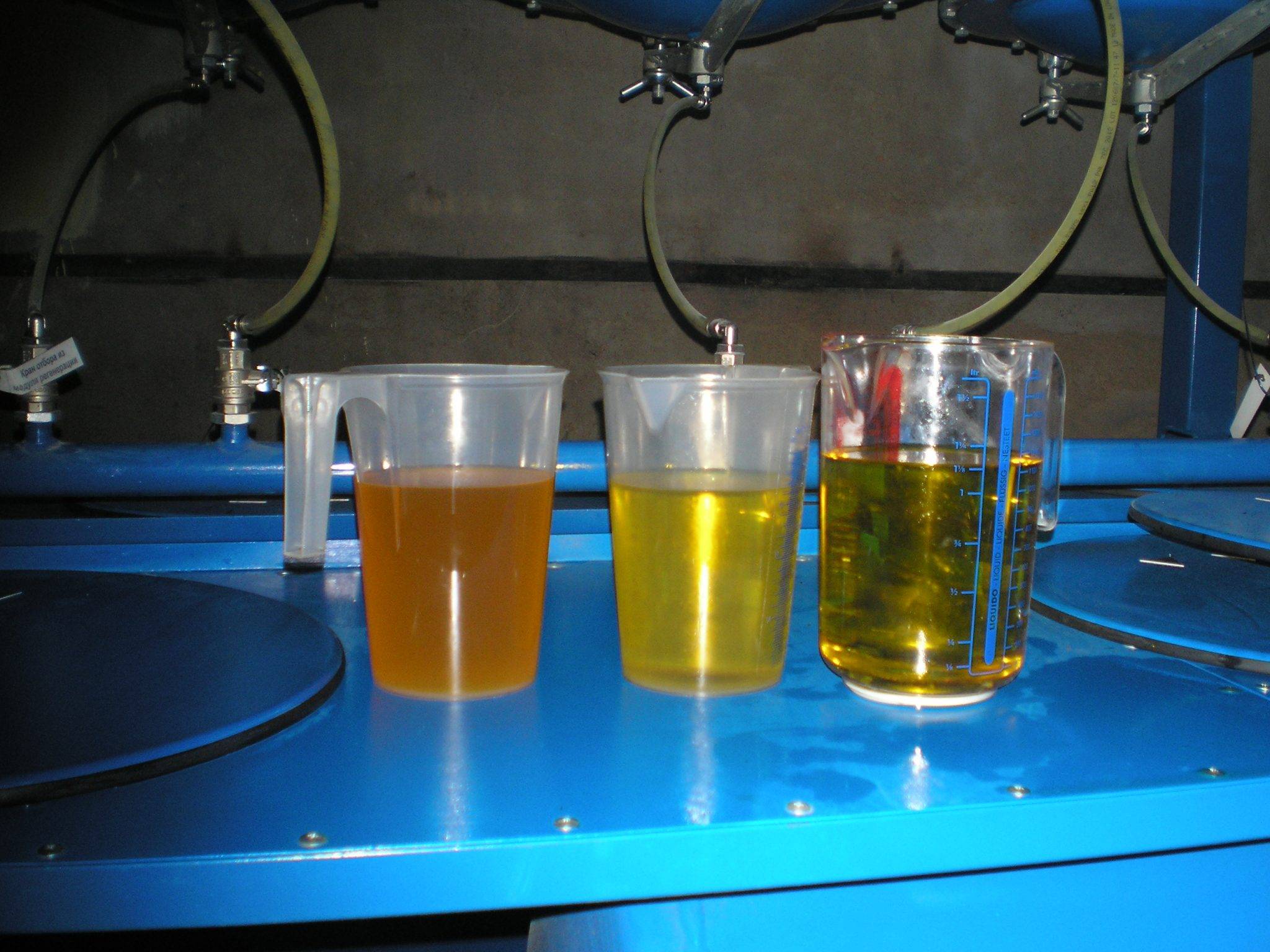Virtually any production is accompanied by large amounts of waste which can be reused after undergoing appropriate treatment. It is predicted that in the future, the new raw materials will be recycled from industrial waste.
Used lubricant oil (ULO) is liquid waste product. ULO is any oil derived from crude oil or synthetic oil, contaminated with physical or chemical impurities as a result of its exploitation. Even in normal operation there is ingress of dirt, metal particles, water, or chemicals into lubricant oil. Over time the quantity of impurities exceed the limit making the use of lubricant impossible.
To date, the environmental safety is an important factor when it comes to disposal of waste lubricants, as they have a negative impact on our atmosphere, soil and water. For example, water pollution with waste lubricants amounts to about 20% of total technogenic pollution, or 60% of total pollution with oil products.
There is no doubt in the need for competent recycling of waste oils. Burial or destruction by burning, firstly, is quite expensive, and, secondly, in many cases it gives rise to even greater environmental problems.
Environmentally safe is processing of waste lubricant oil in order to obtain a variety of commercial products (lubricating grease, fuel, oil, preservation material, etc.).
In the scientific literature the terms “purification”, “regeneration” and “recycling” are most often used in the context of lubricant oil recovery. Let’s try to clearly define the purpose and field of application of these processes.
Purification is continuous or periodic oil treatment using cleaning equipment (settling tanks, filters, centrifuges or adsorbers). Implementation of such treatment does not always obtain a product which would have the same performance indicators as fresh oil. But this is not always required. Timely treatment extends oil service life.
Purification of utilized oil , not draining it from the equipment, can be carried out only with circulating lubrication system for industrial, turbine, motor and virtually all types of transformer oils.
Regeneration is restoration of waste oil quality to a level of fresh oil. Regeneration provides the ability to reuse the processed product for its intended purpose. The technical realization of this process, in contrast to purification, requires the use of more complex operations involving coagulation, sulfuric acid purification, and adsorption purification. In many cases, regeneration is carried out directly at the site where lubricating oil is consumed.
Waste oil recycling is carried out in three directions:
- recycling of mixes with negligible synthetic oil impurities;
- separate, by brands regeneration – obtaining corresponding products;
- recycled waste for boiler or furnace fuel.
With the right approach, the use of regenerative technologies recovers oil, which costs 40-70% less than almost the same amount of fresh oil.

